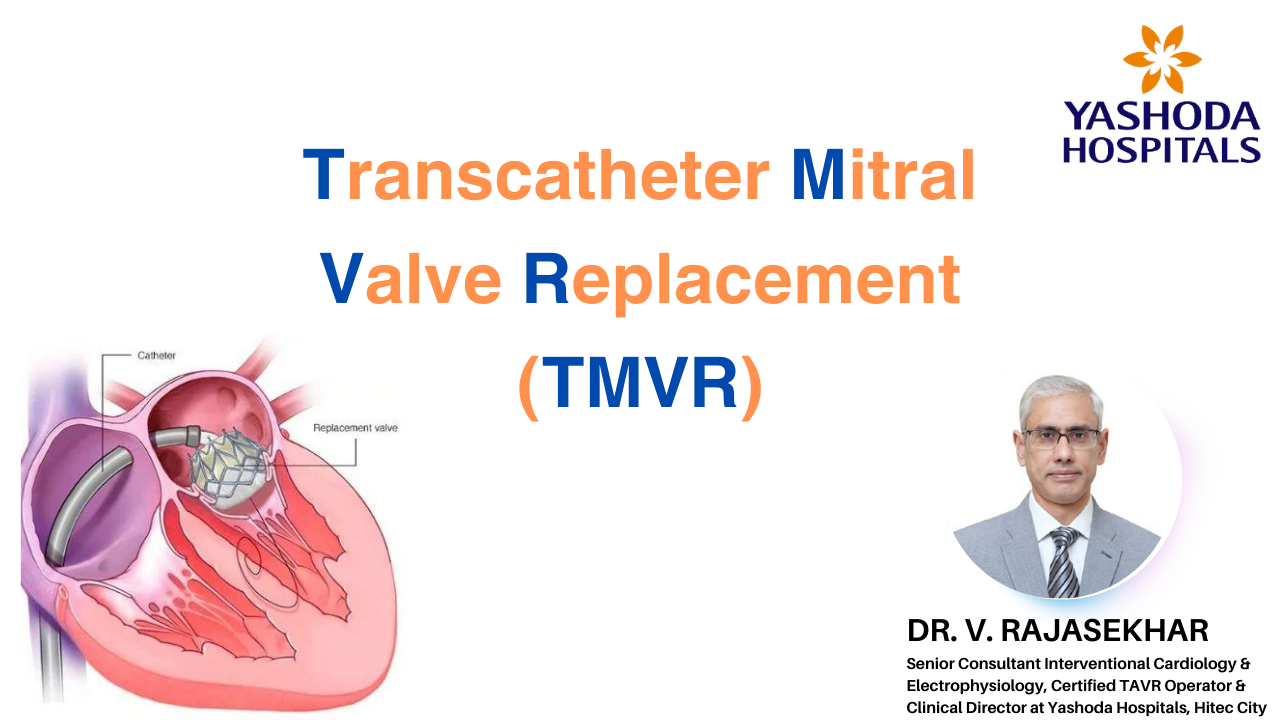Tackling Mitral Valve Disease: From Open-Heart Surgery to Innovative Procedures
Valvular heart disease is a complex condition that affects the heart’s valves, leading to either stenosis (narrowing) or regurgitation (leakage). The mitral valve, located between the left atrium and left ventricle, is particularly vulnerable to these issues. When the mitral valve becomes severely diseased, replacement surgery is often necessary to restore proper heart function.
Conventional Mitral Valve Replacement: Weighing the Options
Traditionally, mitral valve replacement has been performed through open-heart surgery, where the diseased valve is removed and replaced with either a mechanical or tissue (bioprosthetic) valve. Mechanical valves are more durable but require lifelong anticoagulation therapy, while tissue valves offer the advantage of not needing long-term blood thinners but tend to degenerate over time, typically within 10-15 years.
The Challenge of Degenerated Tissue Valves
When a tissue valve becomes dysfunctional due to degeneration, the patient is often faced with the prospect of undergoing a second open-heart surgery to replace the failing valve. This can be particularly risky for older patients, who are at a higher risk of complications from the invasive procedure.
Transcatheter Mitral Valve Implantation: A Minimally Invasive Solution
Fortunately, advancements in medical technology have paved the way for a revolutionary procedure called Transcatheter Mitral Valve Implantation (TMVI), also known as the “valve-in-valve” method. This minimally invasive approach allows for the replacement of a degenerated tissue valve without the need for open-heart surgery.
How TMVI Works
The TMVI procedure involves the insertion of a new tissue valve, delivered through a catheter, into the existing degenerated valve. This is accomplished by accessing the femoral artery in the groin and guiding the catheter-mounted valve to the heart, where it is precisely positioned and deployed within the old valve. The entire process can be completed in around an hour, and the patient can typically be discharged from the hospital within 2-3 days.
The Benefits of TMVI
The TMVI procedure offers several significant advantages over traditional open-heart surgery for valve replacement:
- Reduced Surgical Risk: By avoiding the need for open-heart surgery, TMVI significantly reduces the risks associated with the procedure, such as infection, bleeding, and complications from general anesthesia.
- Faster Recovery: Patients undergoing TMVI can often be up and walking the very next day, with a much shorter hospital stay compared to open-heart surgery.
- Improved Quality of Life: The minimally invasive nature of TMVI allows patients to return to their normal activities and daily routines more quickly, improving their overall quality of life.
A Case Study: Successful TMVI at Yashoda Hospitals
Yashoda Hospitals, a leading healthcare provider in Hyderabad, India, recently performed a successful TMVI procedure on a 75-year-old patient who had a degenerated tissue valve from a previous open-heart surgery. By utilizing the innovative valve-in-valve technique, the medical team at Yashoda Hospitals was able to replace the failing valve without subjecting the patient to the risks of a second open-heart surgery. The patient recovered quickly and was able to return to his normal activities within a few days.
The Future of Mitral Valve Replacement
As medical technology continues to advance, procedures like TMVI are poised to become the standard of care for patients with degenerated tissue valves. By offering a minimally invasive alternative to traditional open-heart surgery, TMVI has the potential to transform the lives of countless patients, providing them with a safer, more efficient, and more convenient solution to their mitral valve issues.
At Yashoda Hospitals, we are committed to providing world-class healthcare services at affordable costs, in all medical departments. Our team of experienced cardiologists, like Dr. V. Rajasekhar, are at the forefront of innovative heart treatments, ensuring our patients receive the best possible care.

